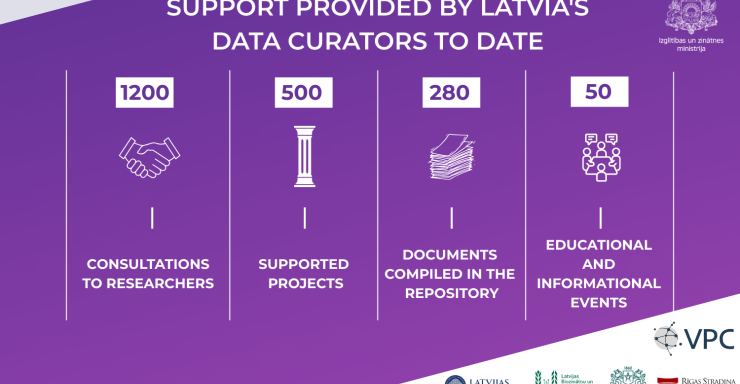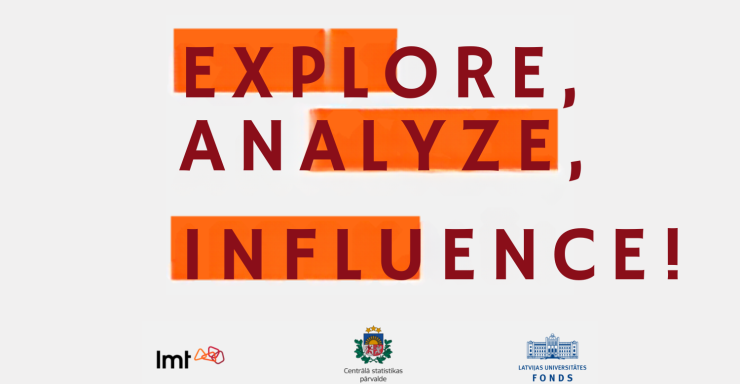On Tuesday, November 25, the government supported the conceptual report prepared by the Ministry of Education and Science on implementing a new academic career framework, which provides for four stages of academic career, regular evaluation of academic staff performance at least once every six years, and the opportunity for scientific institutions to introduce a tenure system. This aims to improve working conditions in research and higher education, creating a predictable environment conducive to professional growth.
"The new academic career framework is an investment in Latvia's future – in people and in a knowledge society," emphasizes Lana Frančeska Dreimane, Deputy State Secretary for Human Capital, Science and Innovation Development. "We are creating a system based on quality and excellence, where each higher education institution, scientific institute and college takes responsibility for the development and well-being of its academic staff. Unified principles will be established for performance evaluation, professional development and human resource succession planning. The new framework will help create an environment where academic work is stable, development opportunities are clear, and investment in people strengthens the country's sustainability."
The new framework will introduce transparent principles for academic career development, balancing research work with teaching students and educating the public. The structure of academic positions will be reviewed, including practice-oriented academic positions, which will enable the involvement of industry professionals in the study process and research, strengthening the link between higher education and the economy. Higher education institutions, scientific institutes and colleges will be required to implement an academic staff performance evaluation system based on unified quality criteria, taking into account contributions to research, study work and public education. The maximum evaluation period will be six years. Institutions will have the right to introduce academic positions with permanent employment contracts, creating a more predictable academic career system. This will promote human resource development planning and strengthening of research directions.
Main benefits provided by the new framework:
- Predictable career development: four stages of academic career established and unified principles for academic staff selection, evaluation and professional development;
- Stability and academic freedom: scientific institutions will have the opportunity to introduce a tenure system, while all institutions can offer academic positions with permanent employment contracts, strengthening the sustainability and independence of academic work;
- Higher quality human resource management: mandatory academic staff performance evaluation based on contributions to research, study work and public education;
- Talent attraction and retention: improved working and career development conditions that will facilitate the attraction of Latvian and foreign academic staff;
- Collaboration with industry professionals: introduction of practice-oriented academic positions to involve industry experts in the study process and research, strengthening alignment with economic needs.
The new academic career framework will be implemented gradually. The first solutions will take effect in 2026, the most significant changes in higher education and science are planned by the end of 2027, and by 2030 it will be fully established as a unified, excellence-oriented academic career system.
The new framework will help higher education institutions, scientific institutes and colleges manage and develop academic staff in the long term, ensuring generational change among researchers and lecturers, as well as the involvement of young specialists in academic careers. It will promote the development of strategic research directions and international integration of academic staff, as well as foster closer cooperation between higher education, science, culture and economic sectors.
The Ministry of Education and Science has already begun preparing amendments to the Higher Education Law, the Scientific Activity Law and the Vocational Education Law to ensure the gradual implementation of the new framework by 2030.
The conceptual report "Par jauna akadēmiskās karjeras ietvara ieviešanu Latvijā" supported by the government on November 25, 2025, can be viewed on the Cabinet of Ministers website.


